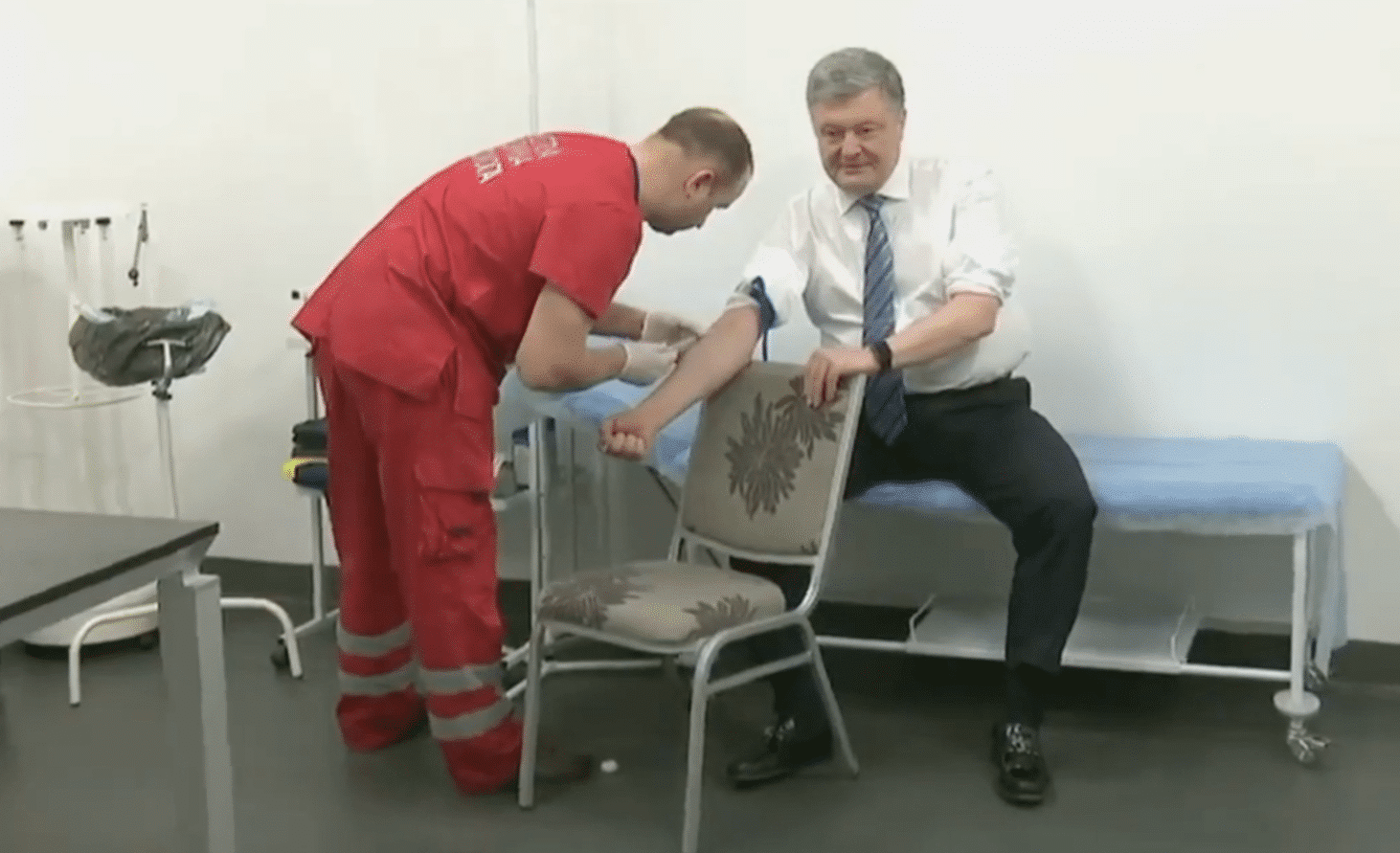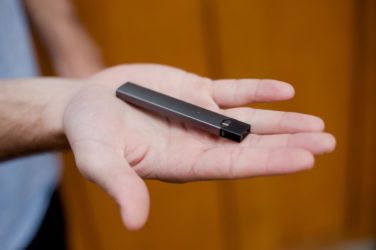Politicians are usually fond of pushing drug testing on their constituents—not each other. But from Bridgeport, Connecticut to Kiev, Ukraine, people holding public office have recently deployed testing to try to undermine each other’s legitimacy—implicitly casting drug use in a negative light.
On April 13, bickering broke out in the comments section of a local blog between Council Member Ernie Newton and Board of Education (BoE) member Maria Pereira—each attacking the other’s credibility by invoking their history of drug use.
Disagreeing with budget numbers shared by the Pereira, Newton wrote, “Please remember to take your meds.”
Pereira clapped back, “Ernie, I promise I will continue to take any and all prescribed medicine. In turn, please ensure you take anything you need that may have to be swallowed, snorted, inhaled, or injected.”
Pereira weaponized information that Newton had disclosed in 1997 about his experiences with crack cocaine addiction. He told his fellow legislators about his history of substance use when urging them to commit more funding for treatment diversion programs. It is unclear if Newton was referencing public knowledge, though he likely was not, since Pereira responded, “You are just all over the place with wild accusations you will never be able to substantiate.”
This came after Newton sniped, “If i’m taking Drugs at [least] I wasn’t placed in psychiatric ward for ODing on my MEDS.” His jab at an alleged overdose came in response to Pereira’s remark: “Stop taking drugs. It is killing the few remaining brain cells you have left.”
Two days after this highly dignified quarrel, Pereira challenged Newton to a drug test, offering to pay for it out of pocket. He accepted, and applied the same challenge to her. Both ultimately tested negative for marijuana, cocaine, amphetamine, methamphetamine, opiates, oxycodone and others.
“This is a board of education member challenging a black elected official. She wouldn’t have challenged a white person,” Newton told Only In Bridgeport. “She’s no different than Donald Trump. I did this to show how crazy she is. I have nothing to prove. I guess the next challenge is I’m not black enough.”
The Bridgeport “political pissing contest” exemplifies the prohibitionist perspective that drug use invalidates one’s credibility, ignoring the reality that most drug use, of any kind, is not problematic. As Newton noted, this is also racially inflected. As Filter recently wrote, black crack cocaine use, like Newton’s, has historically been used “as a metaphor and illustration of personal failure and lack of responsibility.”
Not to be outdone, on the other side of the world, Ukrainian presidential candidates live-streamed a blood drug test earlier on April 5, as part of an historic election that has overthrown the status quo of post-Soviet politics.
The incumbent, President Petro Poroshenko first challenged now-President-Elect Volodymyr Zelenskiy, a popular comedian who had played the role of president on television, to a public debate. Zelenskiy raised the stakes with a flare of sensationalism by challenging the one-term president to submit blood, hair and urine samples to test for psychoactive substances. These turned up negative for both candidates.
In contrast to the Bridgeport city officials, substance use, for the Ukrainian men, was a matter of vitality. “The country needs a healthy president,” said Zelenskiy, according to the Los Angeles Times. The 41-year-old, who regularly posts videos of himself doing pull-ups, intended for the results of a drug test to demonstrate his bodily integrity, and by extension, to show that he was a fresh face for Ukraine.
“I took a blood test. They pumped all sorts of blood out of me. But thank God, I have enough of it. Young blood,” Zelinsky told Reuters reporters.
When politicians demand that civilians submit to drug tests, it’s usually paternalistic, based in the arrogance that the government knows what’s best for people’s lives: Namely, not doing drugs.
When the tests are turned around on the politicians themselves, they amount to a nonsensical way of establishing who is fit to be paternalistic and authoritative in the first place.
Screenshot: Petro Poroshenko via Facebook




